NCI
-

Immune cell activity and melanoma
The activity of a certain factor in immune cells is essential for an anti-tumor response, emphasizing the need to consider the effects of anti-cancer therapies on immune cells. Read MoreNov 6, 2014
-
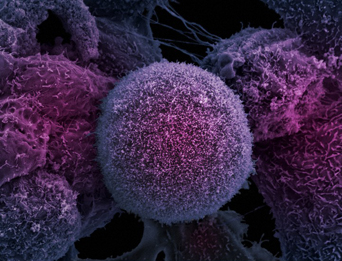
Key to prostate cancer resistance
A combination of two types of therapy may be more effective in treating castration-resistant prostate cancer. Read MoreOct 29, 2014
-

Improving breast cancer chemo by testing tumors in a dish
A team of biomedical engineers has developed a new "tumor-in-a-dish" technology that promises to improve the effectiveness of chemotherapy. Read MoreOct 28, 2014
-

Neuronal culprit in genetic disease
A particular neuronal cell population is involved in the pathogenesis of a rare neurological disorder, Vanderbilt researchers have discovered. Read MoreOct 14, 2014
-

A path to sarcoidosis treatment
Vanderbilt investigators identify a new therapeutic target for the inflammatory lung disease sarcoidosis. Read MoreSep 25, 2014
-

Limiting breast cancer metastasis
Vanderbilt researchers have identified a new target for blocking breast cancer metastasis. Read MoreAug 28, 2014
-

Growth factor blockade targets breast tumors
Inhibition of BMP growth factor signaling reduces breast tumor burden and metastasis. Read MoreAug 14, 2014
-

Low selenium and lung cancer
Vanderbilt researchers have found that selenium deficiency may contribute to the racial disparity in lung cancer incidence. Read MoreAug 6, 2014
-
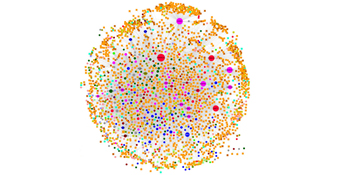
Drug discovery clues in network map
Vanderbilt investigators have constructed a network map that could guide the development of new targeted cancer therapies. Read MoreAug 5, 2014
-

New target for breast cancer therapy
The protein MTBP is overexpressed in an aggressive type of breast cancer, and it regulates another protein implicated in many cancer types, suggesting that it may be a good target for new therapeutics. Read MoreJul 31, 2014
-
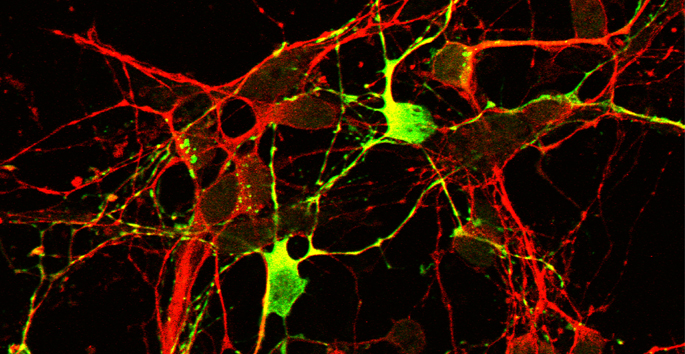
Neural receptor for reovirus
A newly identified receptor allows mammalian reovirus to infect neurons, shedding light on factors important for viral encephalitis. Read MoreJul 18, 2014
-

Repair protein’s DNA recognition motif
Insights into the workings of DNA damage response proteins such as SMARCAL1 could suggest new ways to improve genome integrity and prevent cancer. Read MoreMay 23, 2014
-
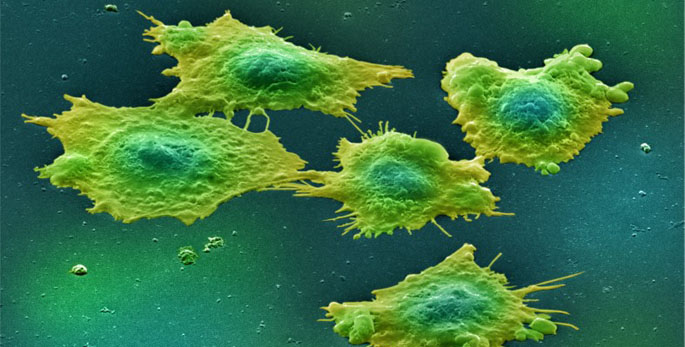
Cellular forces aid tumor invasion
The contractile machinery inside tumor cells increases invasive properties, suggesting it might be a good target to inhibit cancer cell spread. Read MoreMay 22, 2014
-

Bypassing DNA damage
Studies of a human polymerase that replicates DNA have provided a complete kinetic and structural framework for understanding how the enzyme accurately bypasses DNA damage. Read MoreMay 9, 2014
-

PET probe detects dying tumor cells
A novel PET imaging probe detects tumor cell death in vivo and could be useful for personalizing cancer medicine. Read MoreMay 8, 2014
-

Increased cell permeability may protect from colitis
Having a “leaky” gut may protect against colitis, a paradoxical finding that alters understanding of the role of cell permeability in intestinal homeostasis and immune regulation. Read MoreApr 25, 2014
-

A new way to target cancer-driver Ras
Vanderbilt researchers have discovered small molecules that turn off cancerous Ras signals in a new way. Read MoreMar 13, 2014
-

New direction for treating lung cancer
Targeting the production of molecules that promote tumor blood vessel development offers a new path for treating lung cancer. Read MoreFeb 7, 2014
-

Human and Helicobacter co-evolution
by Denise Anthony (iStock) A Vanderbilt University-led research team has solved a long-standing riddle: Why do people of mostly Amerindian ancestry in the Andes have a gastric cancer rate that is 25 times higher than that of fellow Colombians of mostly African descent only 124 miles away on the coast?… Read MoreJan 23, 2014
-
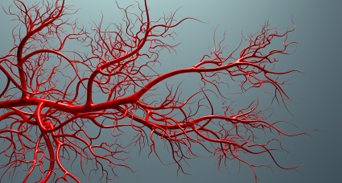
Targeting tumor “supply lines”
A metabolic enzyme plays a crucial role in vascular development and may be a good target for cancer therapies. Read MoreDec 18, 2013